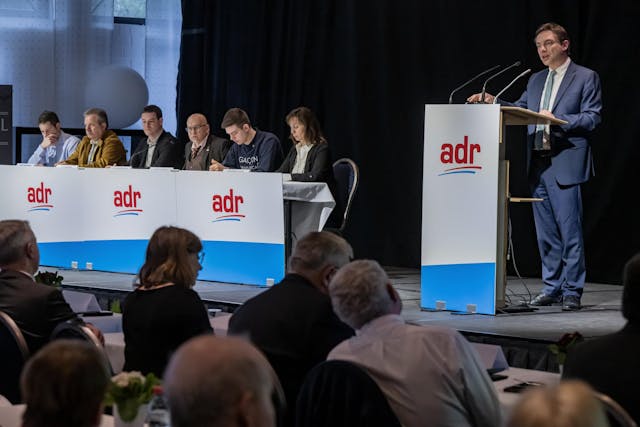The EU is on the road to affordable and clean energy, but time is running out

Nicholas Doherty, Unsplash
European Sustainable Energy Week 2025 is accompanied by new data from Eurostat on the achievement of Sustainable Development Goal (SDG) No. 7 - Affordable and Clean Energy. The goal includes ensuring universal access to reliable, sustainable and affordable energy, as well as accelerating the transition to renewable sources, improving energy efficiency and diversifying the energy mix.
According to 2023 data, 24.6 per cent of all final energy consumed in the EU came from renewable sources. This is almost twice as much as 15 years ago - a significant achievement due to several factors at once:
- cheaper technology due to competition,
- increasing the efficiency of the plants,
- measures of state support, including subsidies and tax incentives.
Nevertheless, Eurostat experts emphasise that much faster growth is needed to reach the target of 42.5% by 2030. Achieving this target requires not just support for the industry, but a radical change in infrastructure and investment policy in the energy sector.
Goal 7 is one of the key goals on the UN's global agenda. Energy underpins all other areas of sustainable development: from health to industry, from education to combating climate change. In the EU, energy is one of the pillars of the Green Deal and the fight for energy independence.
Energy security, especially against the backdrop of geopolitical crises, depends directly on the ability to generate and store energy from renewable sources - without coal, gas and nuclear dependence.
The EU is moving in the right direction, but acceleration is on the horizon. At the current pace, the target 42.5% remains achievable only if additional resources are mobilised, large-scale investment and more aggressive energy reform.





